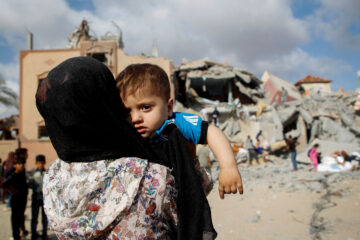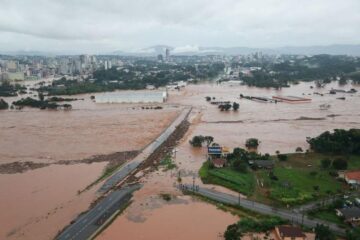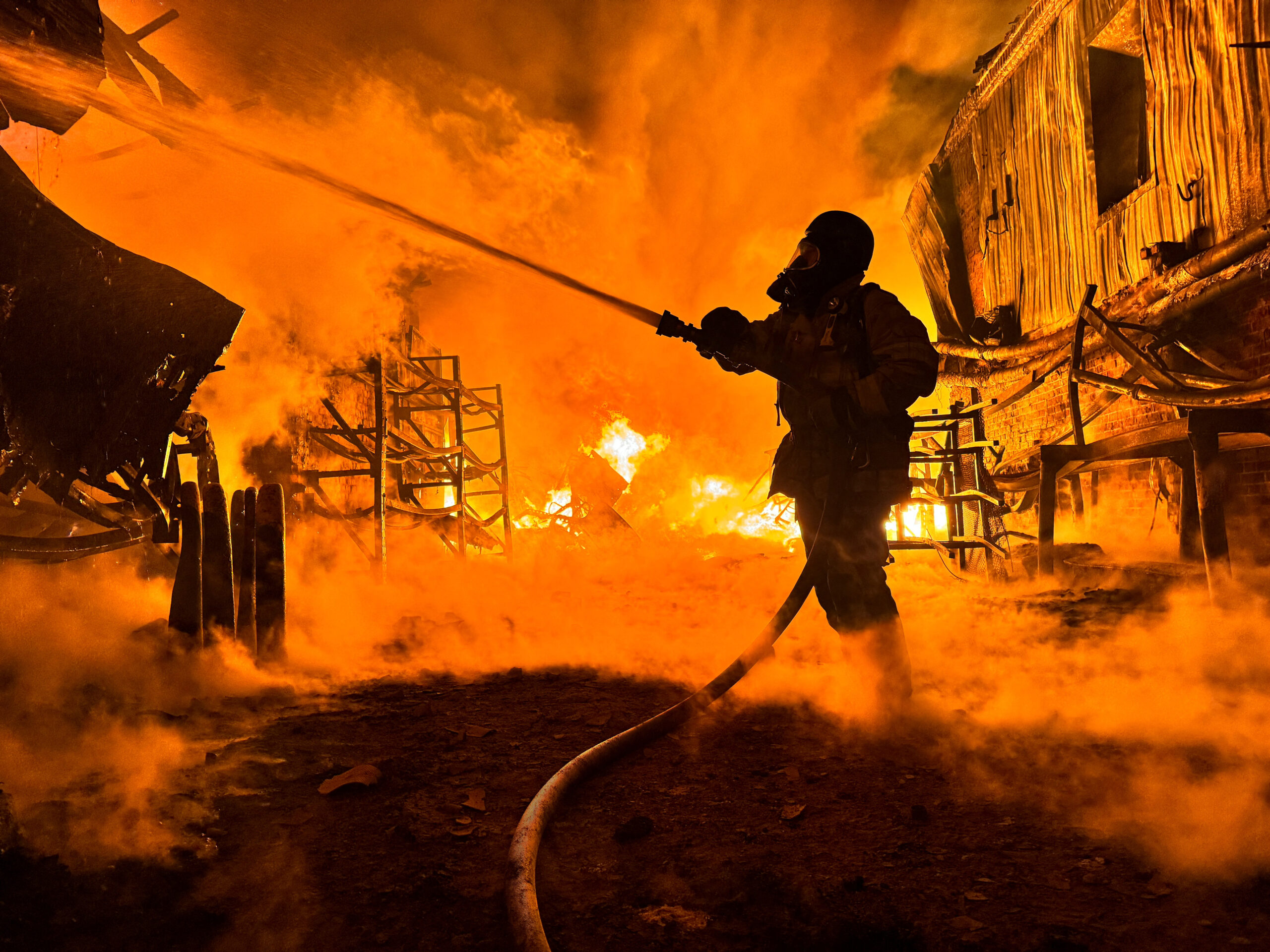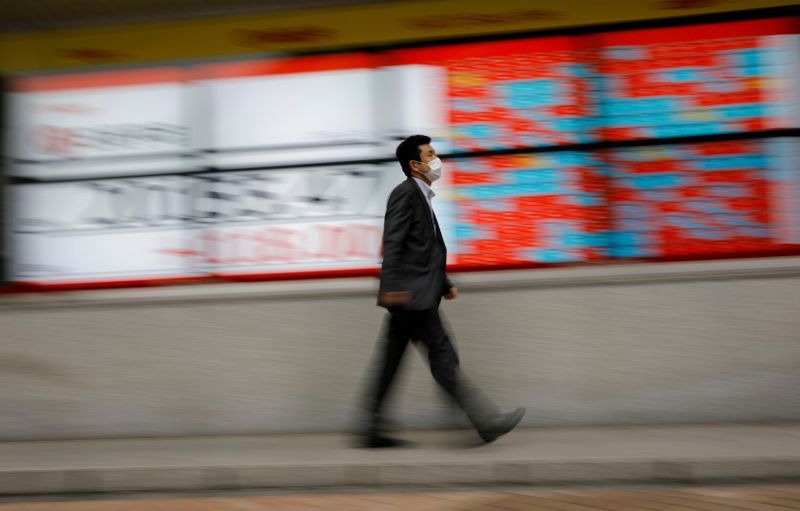India imposes curfew in Kashmir ahead of clampdown anniversary
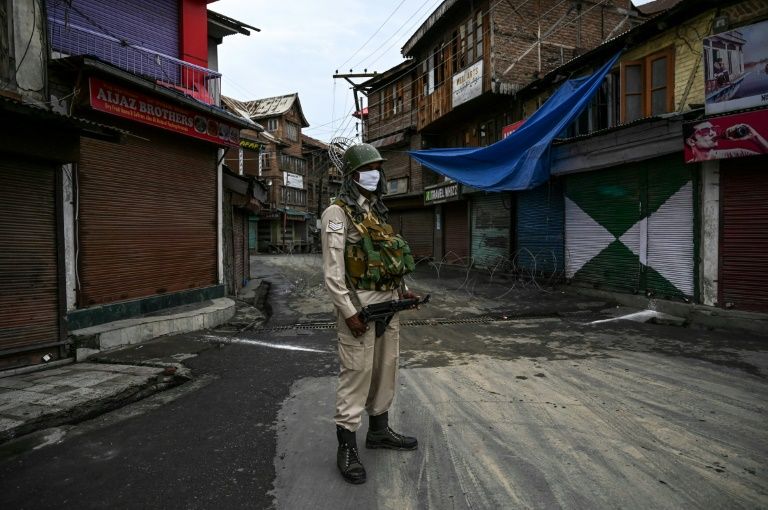
A curfew has been imposed across Indian Kashmir just two days before the first anniversary of New Delhi’s abolition of the restive region’s semi-autonomy, officials said late Monday, citing intelligence reports of looming protests.
“These restrictions shall come into force with immediate effect and shall remain in force on 4th and 5th August,” stated the government order issued for the main city of Srinagar.
“Full curfew will be enforced in all Kashmir districts,” a senior police officer, who asked to remain anonymous, told AFP.
A “full curfew” means people can only move around with an official pass, usually reserved for essential services like police and medical professionals.
The Himalayan region is already subject to restrictions to reduce the spread of the novel coronavirus amid a jump in infections, with most economic activities limited and public movement curtailed.
The order said the separate virus lockdown would be extended until August 8.
Police vehicles fitted with megaphones patrolled Srinagar after dark, with officers ordering residents to remain indoors for the next two days.
– Increased security –
Authorities have been tightening restrictions across the Kashmir valley since the weekend of August 1.
Early Monday morning, new razor-wire and steel barricades were used to block the city’s main roads.
Residents in other major towns and many villages told AFP that police also ordered them not to venture out of their homes until Thursday.
The curfew is similar to the one introduced just before Kashmir’s semi-autonomy was stripped on August 5.
A total communications blackout was imposed, with phone and internet lines cut and tens of thousands of fresh troops moved into the valley in one of the world’s most militarised regions.
“Police went around in jeeps ordering everyone not to leave their homes just like this time last year,” a resident in the southern Kashmir valley region of Kulgam, who asked to remain anonymous, told AFP.
The curfew came as Kashmiris called for August 5 to be observed as a “black day”.
Anger across Muslim-majority Kashmir against India’s Hindu-nationalist government has been growing since last year, particularly over the granting of rights — once reserved for Kashmiris — to tens of thousands of people from outside of the region to buy land.
Kashmir has waged a three-decade-long armed rebellion against Indian rule with tens of thousands of lives, mostly civilians, lost in the conflict.
SOURCE> AFP
PHOTO> An Indian security force member stands guard in Srinagar, in Indian Kashmir, near the Jamia Masjid, the city’s grand mosque (AFP Photo/Tauseef MUSTAFA)

